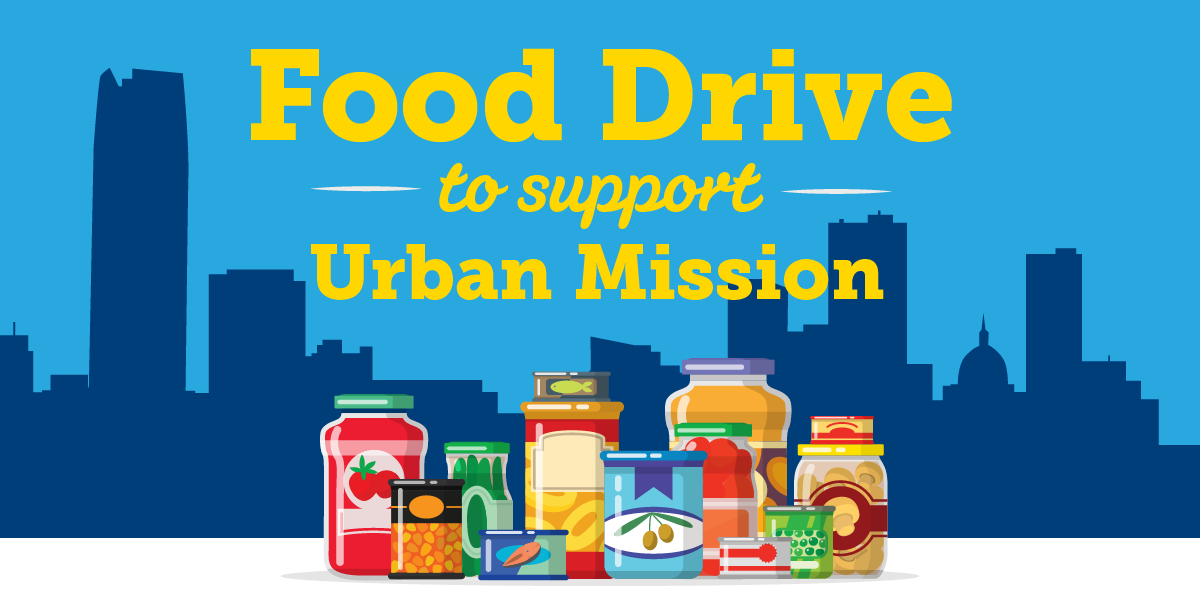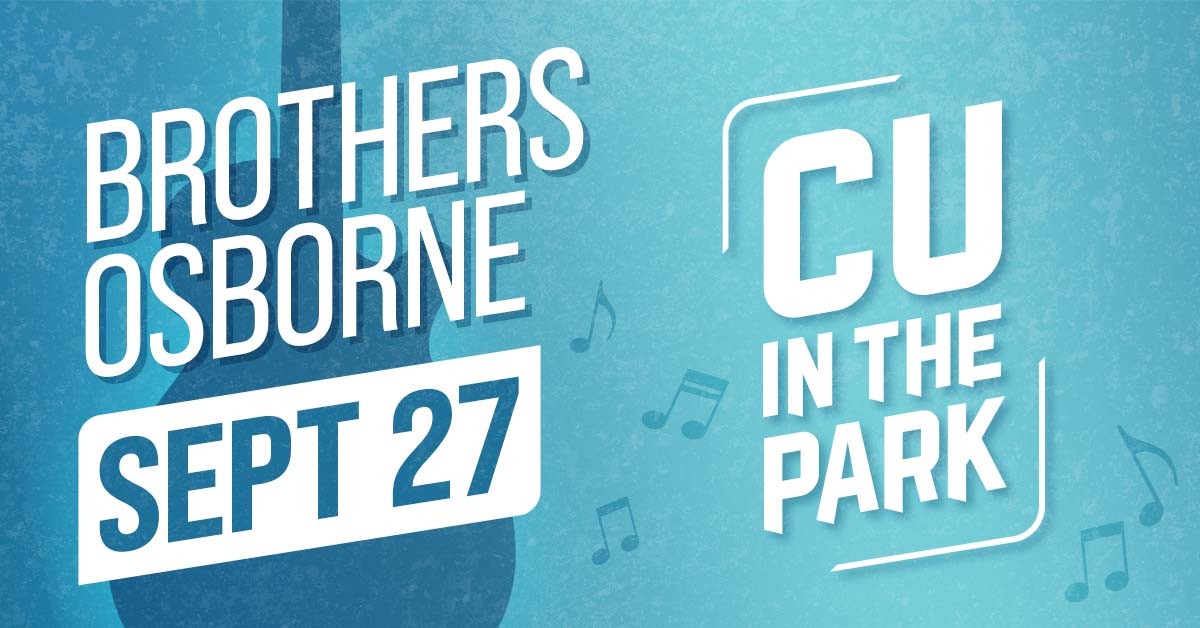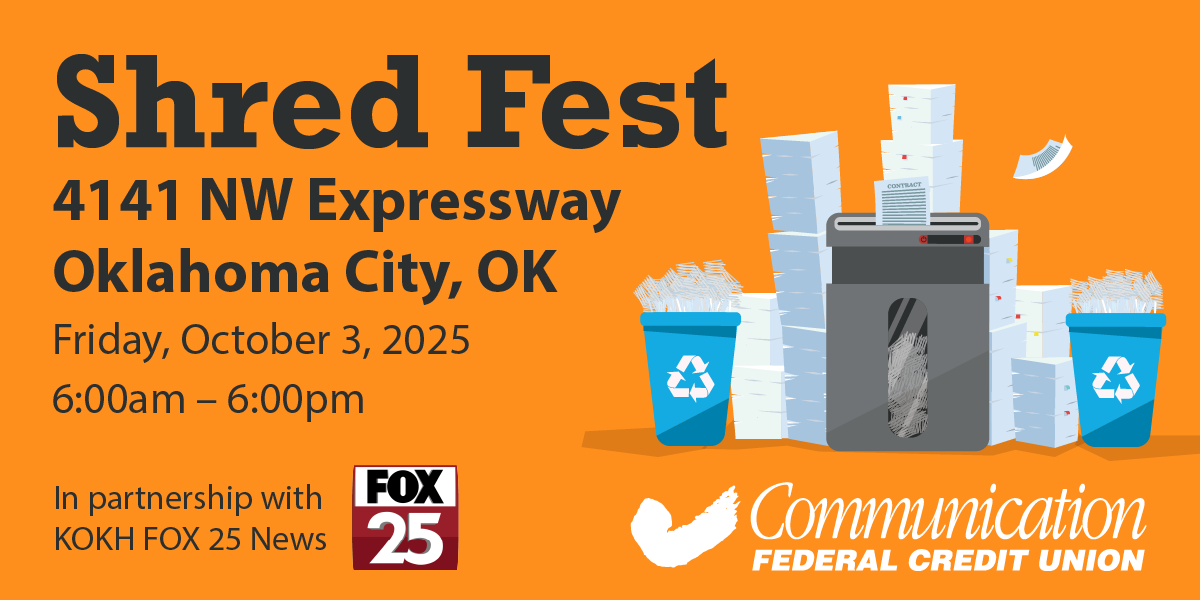Credit scores play a huge role in our daily lives. Whether you are purchasing a vehicle, a home or just need a personal loan, a good credit score can save you hundreds, if not thousands of dollars over the lifetime of the loan.
While there’s a negative stigma that comes along with having a poor credit score, many responsible people have had a run of bad luck causing their score to drop.
Here’s five things you should now to improve your credit score:
1. Pay off or pay down credit cards
We recommend avoiding credit card debt if at all possible, but if you must use a credit card make sure that it’s a lower interest card and that you either pay it off every month or you keep credit utilization under 30 percent. For example, if you have a credit limit of $1,000, try to keep the balance below $300.
2. Don’t close credit card accounts
People often decide to close a credit card account once it is paid off and while we applaud the effort, this actually hurts your credit score because it decreases your credit capacity. Instead of closing the account, keep the balance at zero or use it for small bills and pay it off each month.
3. Make payments on time
Payment history makes up 35% of your credit score, so it’s really important to make sure you are paying your bills on time. A missed payment can take up to 24 months to come off your credit report. If you are going to be late, give the creditor a phone call. Doing so might mitigate the negative consequences of having a late payment.
4. Don’t shop excessively for new accounts
Applying or opening multiple credit can have an affect on your credit score, especially if you are opening multiple credit card accounts. Research has shown that people who do so are a greater risk than those who only open new accounts as needed. Additionally, if you are comparing vehicle or mortgage loan rates, do so within a 30 day period. The credit bureaus typically allow a small window period for similar loans, therefore this won’t have a negative impact on your score.
5. Avoid payroll advances
Receiving a payroll advance in itself won’t hurt your credit score, however, should you neglect to pay the loan back it will have a negative effect on your score. The biggest issue with payday lenders is that the interest rate you pay is astronomically higher than a loan you can take out at CFCU. According to responsiblelending.org, “the typical two-week payday loan has an annual interest rate ranging from 391 to 521 percent.”
An interest rate that high could make it more difficult to pay your other bills on-time, which in turn will hurt your credit score.
Conclusion:
Making sure you have a good credit score now, will save you money –perhaps a lot–in the future. Pull your credit score at www.myfreecreditscore.com, pay your bills on time and keep revolving debt (credit cards) to a minimum. If you are going to be late with a payment, contact your creditor in advance and explain your situation.
Interested in a low-interest debt consolidation loan? Send us an email at cfcu@comfedcu.org.











